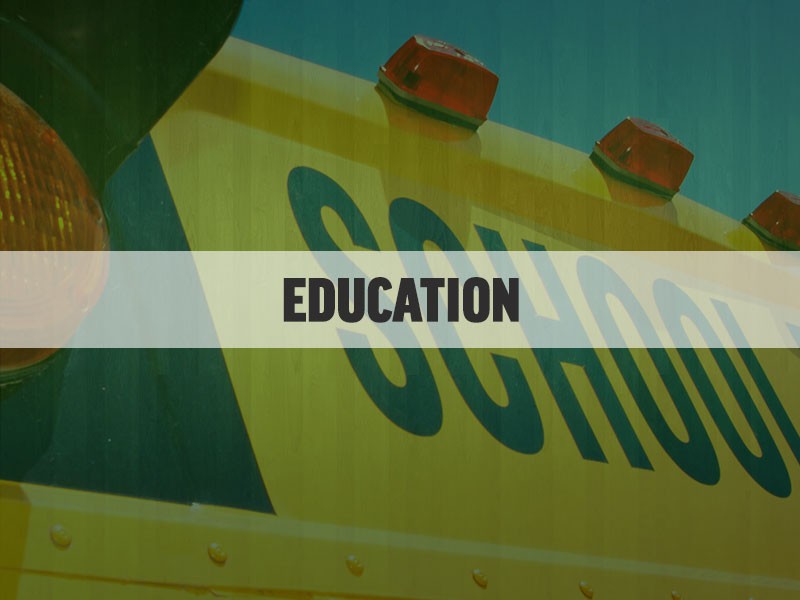ATLANTA (AP) A commission appointed by Gov. Nathan Deal plans to make recommendations next month that could overhaul Georgia's education system, including how the state funds schools and pays teachers.
Deal's Education Reform Commission met Thursday for its final scheduled meeting before voting on recommendations from five subcommittees. Those smaller groups began meeting in February and are developing recommendations for the full commission's approval and incorporation into a report for Deal.
Deal will then review the commission's report and determine which he wants to put before state lawmakers, commission chair Charles Knapp said.
But the commission has a lot to do before reconvening in mid-November. Most proposals discussed Thursday didn't come with cost estimates, and the subcommittee studying Georgia's complicated formula for doling out money to schools hasn't finished its recommendations.
Here's a look at some of the major proposals before the commission.
FUNDING
The subcommittee studying the state's formula for funding schools got a deadline extension to Dec. 18 for its recommendations. Knapp, who also chairs the funding group, said its members next meet on Wednesday, when he is hoping to get ``broad conceptual approval'' of a proposed formula.
Several teacher organizations on Thursday urged the funding group to slow down and questioned whether individual districts will get information about formula changes before the full commission votes. The funding group has discussed a base amount per student, with ``weights'' for special circumstances including disabilities or poverty.
Some of the other subcommittees' work will affect the funding group's final conclusions. The group studying early education, for instance, recommended that Georgia spend more on pre-kindergarten, and a group studying teacher recruitment wants starting salaries to increase.
Several proposals for new tax credits related to education also got pushback from lawmakers on the commission. Rep. Tom Dickson, a Cohutta Republican who sits on the House appropriations and education committees, said the legislature ``doesn't have a lot of appetite for tax credits'' without a cap on the total amount.
TEACHERS
A subcommittee focused on teacher recruitment and retention recommended an increase in the base salary, currently $33,424, but also wants districts to have more flexibility on setting teacher pay. The panel also recommends more effective teachers receive fewer evaluations by principals and believes a full-year ``clinical'' model for students studying teaching will better prepare them than one semester spent as a ``student teacher.''
A group focused on early education wants changes to the way pre-K teachers are paid giving raises to assistants and making primary teachers' salaries dependent on experience and training rather than a base amount.
That's contrary to the funding subcommittee's plan for K-12 teachers. The group has tentatively agreed to phase out the effect of training and experience on a teacher's salary, with some room to grandfather in current teachers.
Knapp said the state has struggled to keep pre-K teachers from leaving the profession. He also said there is more information about how to evaluate K-12 teachers compared to those in early education.
Amy Jacobs, commissioner of Georgia's Department of Early Care and Learning, said Deal plans to ask lawmakers for a $50 million boost to pre-K funding in the next budget, covering the early education pay changes.
TAX CREDIT SCHOLARSHIPS
A subcommittee focused on education options, including charter schools, recommended creation of a new scholarship tax credit program giving preference to students from low-income families.
Georgia's existing tax credit program allows individuals a tax credit of up to $1,000 for donating the amount toward nonprofit scholarship providers. Married couples can give up to $2,500. Providers pass donations on to private school students.
It has been criticized for doing more to help children already enrolled in private schools than poor students who can't afford it and for letting donors steer scholarships toward specific recipients.
The panel recommended that the state provide data about scholarship recipients' race, family size and average scholarship amount to increase transparency and help lawmakers judge the program's effectiveness.

http://accesswdun.com/article/2015/10/344590/commission-studying-georgia-education-system-nears-decisions
